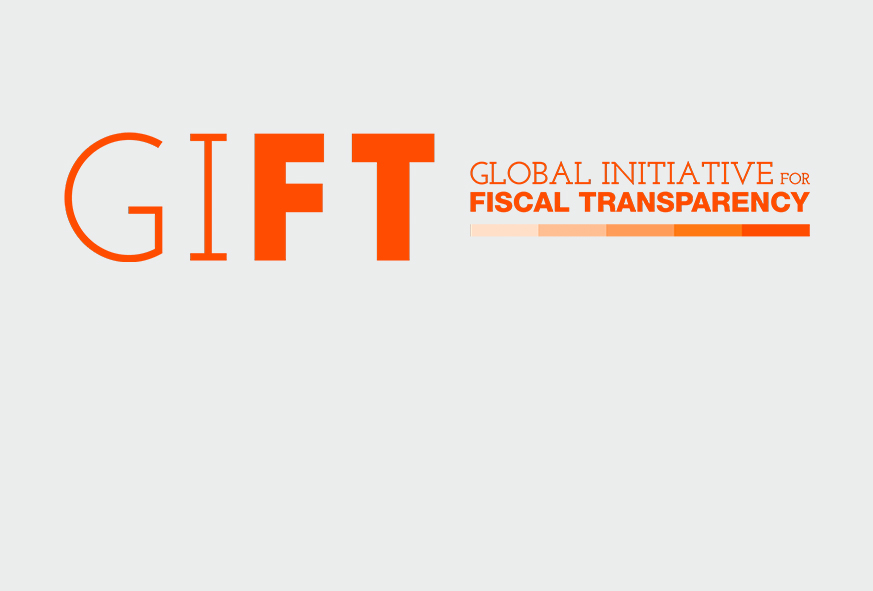The Global Initiative for Fiscal Transparency, in collaboration with one of its Lead Stewards, the Ministry of Finance and Public Credit of Mexico, invites publishers and consumers of budget data to participate in the tutorial “Open data: Opening and promoting use of budget data “.
The tutorial concentrates tools that enable the data opening process to contribute to a successful budget transparency policy. As a result, budgetary data publishers, particularly teams from finance ministries at any level of government, are expected to know the minimum steps for the opening process and the concepts to differentiate public data from open data, identify potential users and recognize the sources from which information come. It also provides practical guidance on topics such as the debugging and cleaning of data sets, the use and linking of national and international standards, as well as about user licenses, to protect users. Finally, recognizing that this process entails a challenge for many governments, it also incorporates considerations on human and other types of resources necessary for the process and its sustainability.
With this, once again the importance of cooperation between peers to advance the creation and strengthening of capacities within the network, through the use of technology, stays confirmed and strengthened.
We invite you to open budget data!
. 
In this video we welcome you to the tutorial and explain how to build an multidisciplinary team in order to implement a budget transparency policy.
#BeAnExpert
Download the review document for additional information
.
This video explains what is open data and its distinction with other concepts such as open government and transparency. Likewise, it provides detail on the levels that serve as a reference regarding data openness.
#BeAnExpert
Download the review document for additional information
.
The publication of budget information in open formats increases the inputs available to the public. This video will introduce some successful cases of open data use to influence the improvement of public policies, analysis of public spending and fostering of administrative efficiency in the governmental sector.
#BeAnExpert
Download the review document for additional information
.
Here you will find the minimum steps to bare in mind while in a budget data opening process. These will be properly fleshed out in our following short videos, review documents and the webinar.
#BeAnExpert
Download the review document for additional information
.
.Data only has value to the extent it is used. This video presents recommendations to identify people and organizations interested in your information, the target audience, with the purpose of facilitating decision-making on budgetary data.
#BeAnExpert
Download the review document for additional information
.
This video explains aspects to take into account regarding the origin of the data and its format, how to identify the areas involved in the process, analyze the starting point of the quality of the information, etc.
#BeAnExpert
Download the review document for additional information
.
Details of some common errors during the processing of the information and how to correct them.
#BeAnExpert
Download the review document for additional information
.
This video explains what a data standard is, the advantages of using them and some strategies to standardize budget information.
#BeAnExpert
Download the review document for additional information
.
This video explains factors that, when not taken into account, can jeopardize the medium and long-term success of the openness process, such as updating, periodicity, technological infrastructure, temporal and human costs, among others.
#BeAnExpert
Download the review document for additional information
.
In this video you will know what to consider to open budget data with a license that allows both its commercial and non-commercial use and reuse without restrictions.
#BeAnExpert
Download the review document for additional information
.
The webinar addressed how to guarantee effective access to open budget data, facilitating the interaction, linkage and civic participation.
.
.













